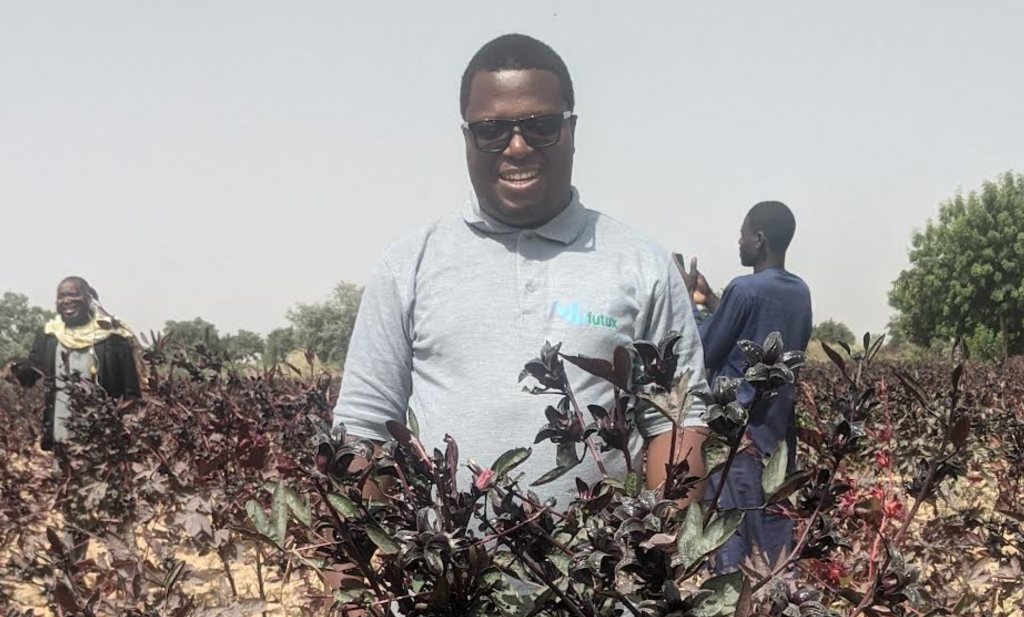Ongoing global crisis has not inhibited the production of food due to the resilience in farmers which has exposed other areas that needs to be discussed. In the last few months, the costs of inputs have skyrocketed, including cost of labour which forced several farmers to reduce their production capacity.
Sadly, the purchasing power of consumers has decreased, contributing to food losses. In many developing countries, food inflation is on the high side, 321%, 65%, 40%, 34%, and 24% in Zimbabwe, Rwanda, Sierra Leone, Malawi and Nigeria respectively.
Therefore, it is essential to highlight issues surrounding achieving zero hunger as high food prices would contribute to food security especially amongst the most vulnerable groups. The question remains: can lower prices of food be sustainable in the face of an economic situation? In my opinion, affordable food doesn't translate to cheap food; rather , it means everyone has enough resources to purchase food at all times. Therefore, we must consciously grow our economy where shared prosperity is achievable for everyone.
There is a need to build an effective social capital for those at the bottom of the pyramid. Sadly, where the majority of the smallholder farmers also sit there. An interconnected and effective social capital would improve their access to finance to scale their business, even in the face of crisis and help them to produce better rather than shrink their capacity. It'II promote sustainable growth and increase productivity. Indeed, farmers are lifesavers and we all must work together to save their lives where it matters most as they are key in achieving zero hunger and food security.
Yours-in-Service
Babatunde
Therefore, it is essential to highlight issues surrounding achieving zero hunger as high food prices would contribute to food security especially amongst the most vulnerable groups. The question remains: can lower prices of food be sustainable in the face of an economic situation? In my opinion, affordable food doesn't translate to cheap food; rather , it means everyone has enough resources to purchase food at all times. Therefore, we must consciously grow our economy where shared prosperity is achievable for everyone.
There is a need to build an effective social capital for those at the bottom of the pyramid. Sadly, where the majority of the smallholder farmers also sit there. An interconnected and effective social capital would improve their access to finance to scale their business, even in the face of crisis and help them to produce better rather than shrink their capacity. It'II promote sustainable growth and increase productivity. Indeed, farmers are lifesavers and we all must work together to save their lives where it matters most as they are key in achieving zero hunger and food security.
Yours-in-Service
Babatunde
Related



